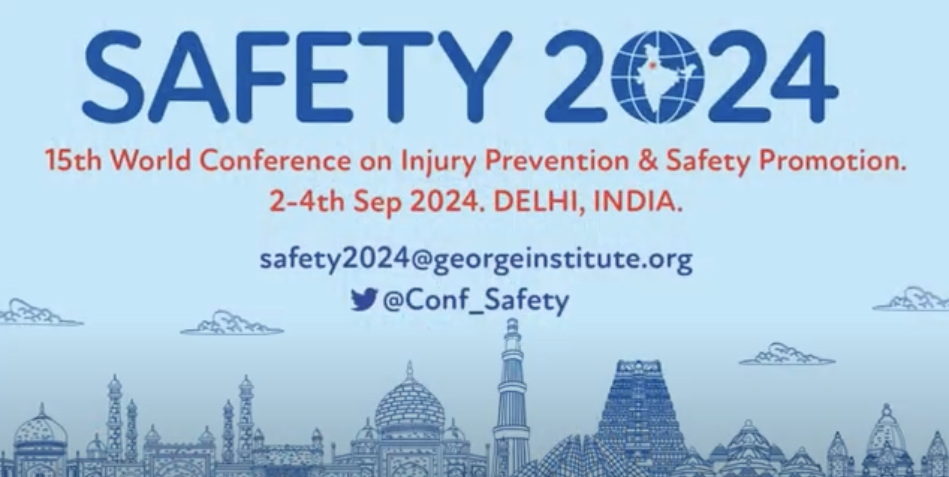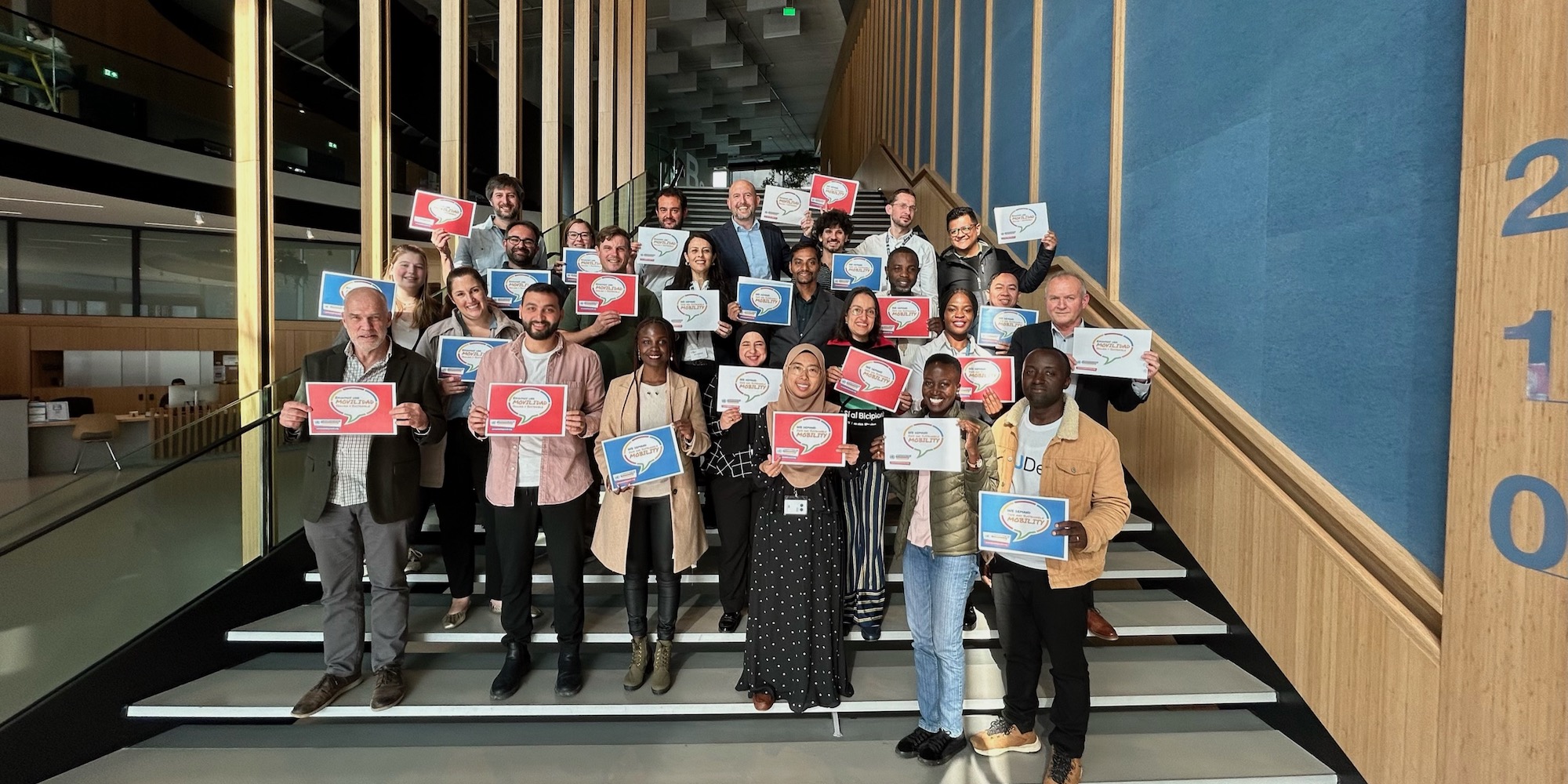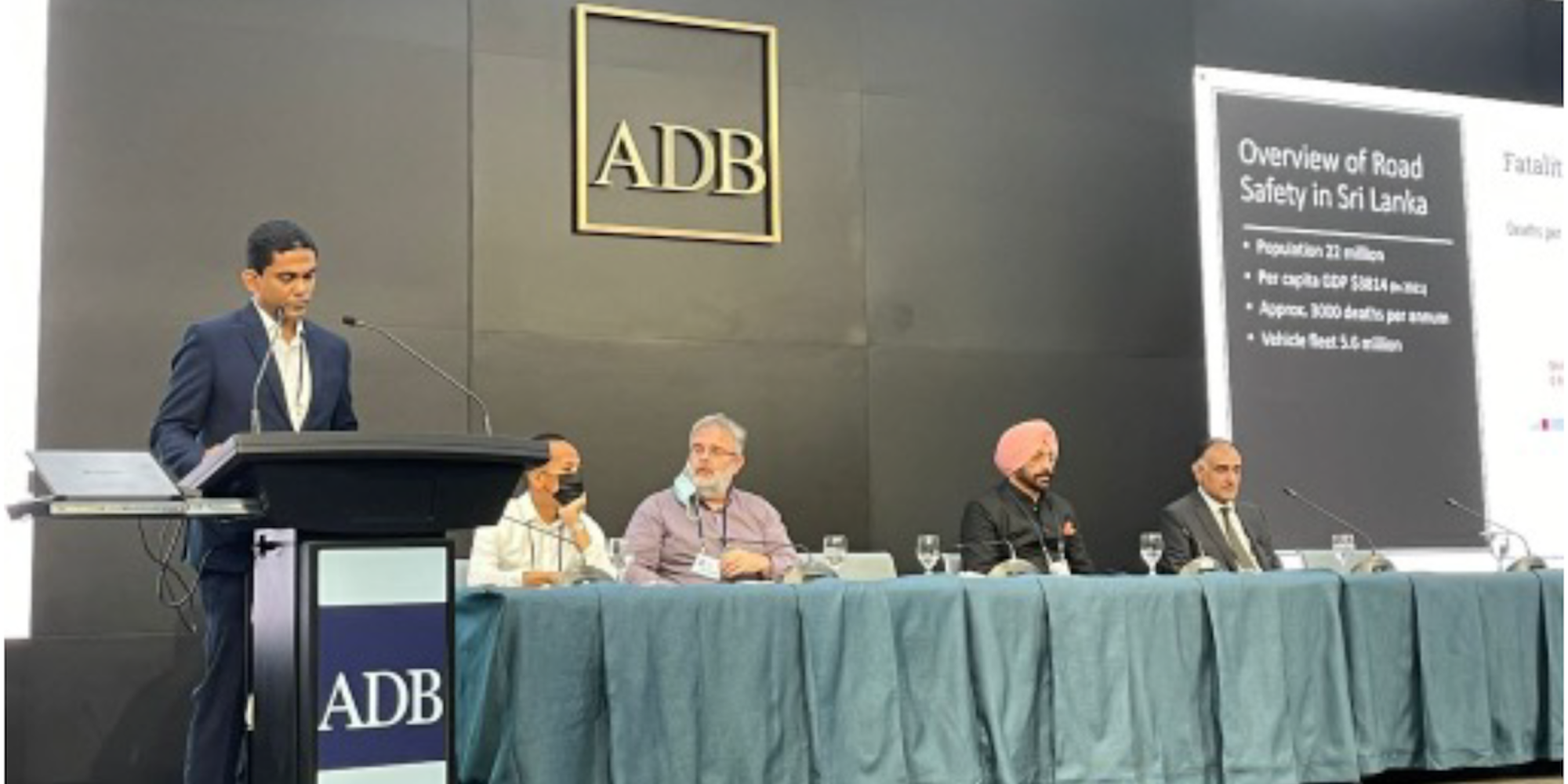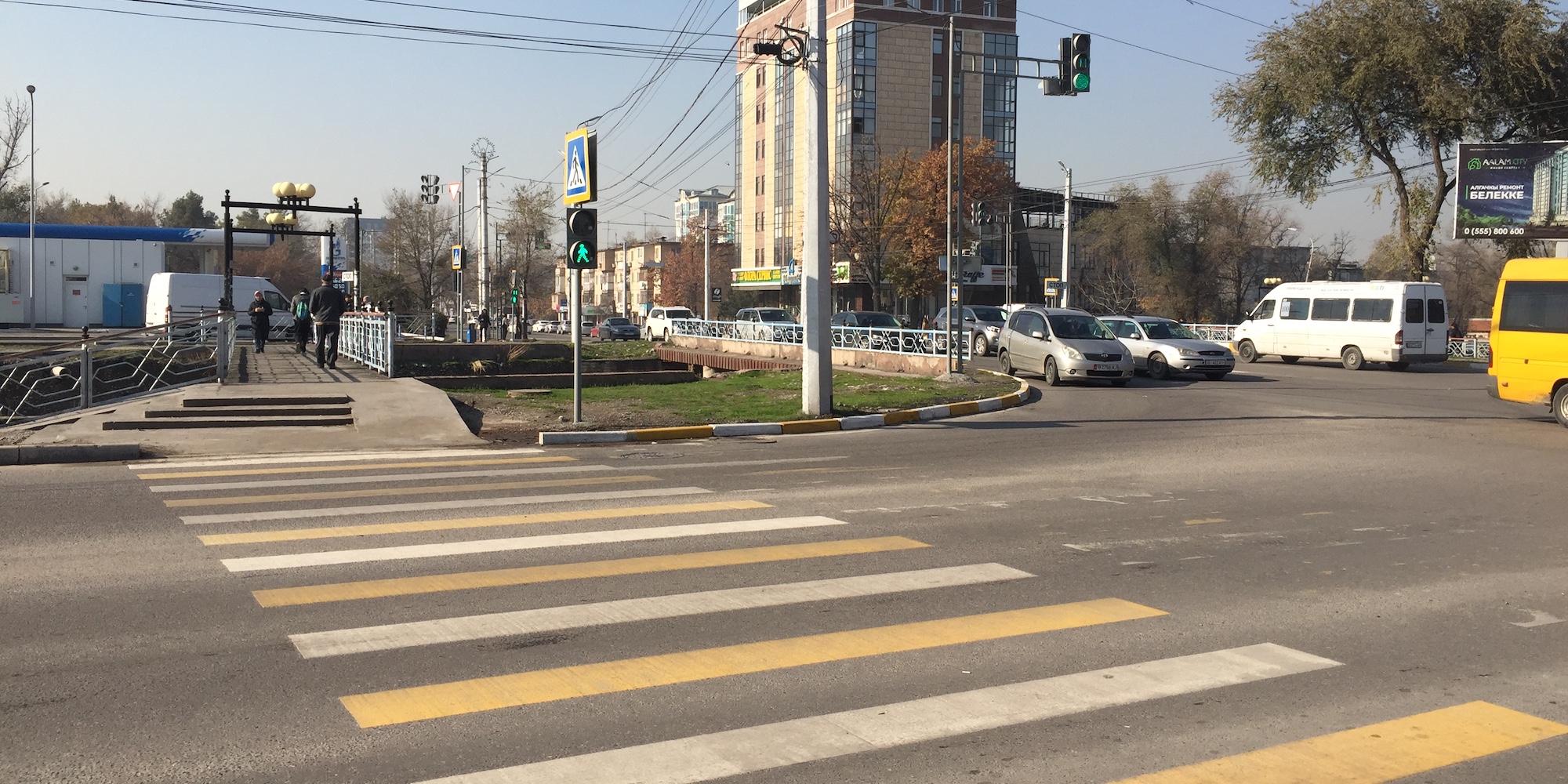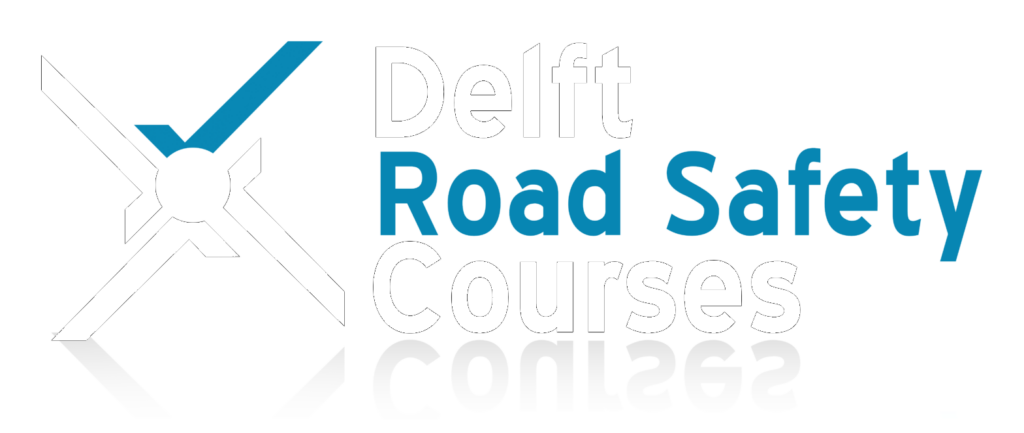DRSC News
DRSC’s fall 2022 webinar series’ take a closer look at improving road safety in Low and Middle Income Countries
In addition to the annual road safety course, in 2022 we organised two specialised online modules covering Road Safety Research for Low and Middle Income Countries (LMICs) and Pro-Active Road Safety Assessment.
Road Safety Research for Low and Middle Income Countries


The module on Road Safety Research for Low and Middle Income Countries was led by Dr Attila Borsos of the University of Győr in Hungary. Twenty participants representing academia, government, civil service, and the private sector attended the five-part series looking at the entire process of road safety research, from road safety data collection and analysis through countermeasures to communicating research results to policy makers.
The series was led by international experts and lecturers from TNO Netherlands Organisation for Applied Scientific Research, Lund University (Sweden), VTI Swedish National Road and Transport Research Institute, and KiM Netherlands Institute for Transport Policy Analysis.
Each webinar in the series included an interactive workshop and case study in which participants learned to:
- Understand human behavioral models and research methods related to road safety
- Link the results of observational studies to the development of evidence-based road safety measures
- Apply scientific and practical knowledge to implement evidence-based road safety measures
- Tailor safe system approaches to local conditions and learn from successful case studies in LMICs
- Use scientific and practical knowledge to assist in setting up local road safety research centers.
Pro-Active Road Safety Assessment

A second module on Pro-Active Road Safety Assessment was organised exclusively for DRSC alumni to build on concepts of Road Safety Impact Assessment and Road Safety Audit introduced in the annual Delft Road Safety Course.
Led by Herman Moning, the series looked in depth at the preventive part of European Directive 2019/1936 on Road Infrastructure Safety Management (RISM-II) and used examples from India, Ghana, Hungary, Germany, and The Netherlands.
The course brought together key expertise on how to carry out a Road Safety Impact Assessment as the first step in the design process followed by an introduction to the four steps of a Road Safety Audit.
Carrying out a Road Safety Impact Assessment and Road Safety Audit can have many benefits, ranging from improved traffic flow, contribution to climate goals, and decreased societal healthcare costs, to increased economic revenues. Individuals, citizens, economic operators, cities, and society as a whole benefit from improved use of the road.
Understanding the five steps of pro-active road safety assessment, including an introduction to economic concepts and road safety methods, will help participants to create safer road designs: no matter the location or level of experience.

